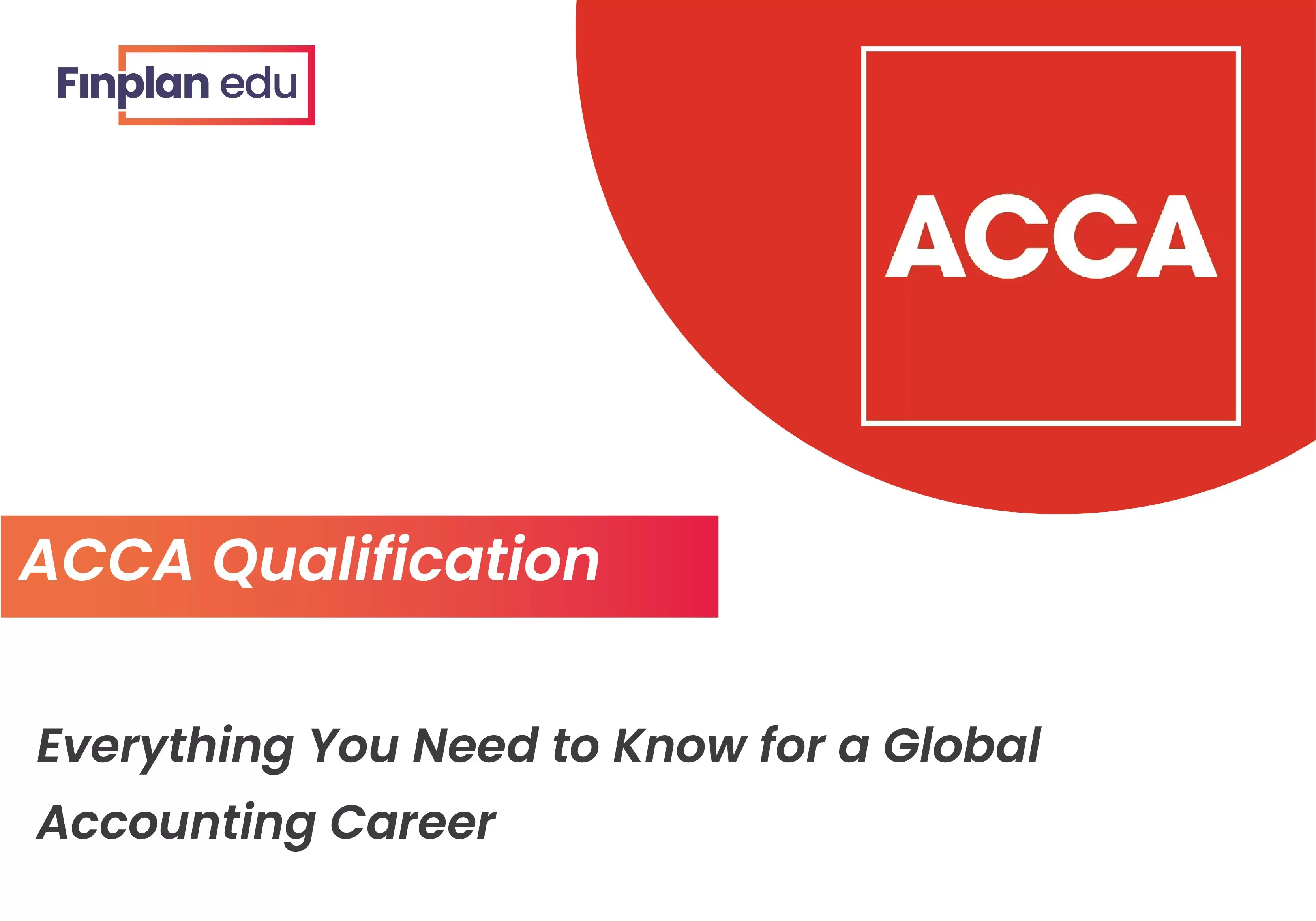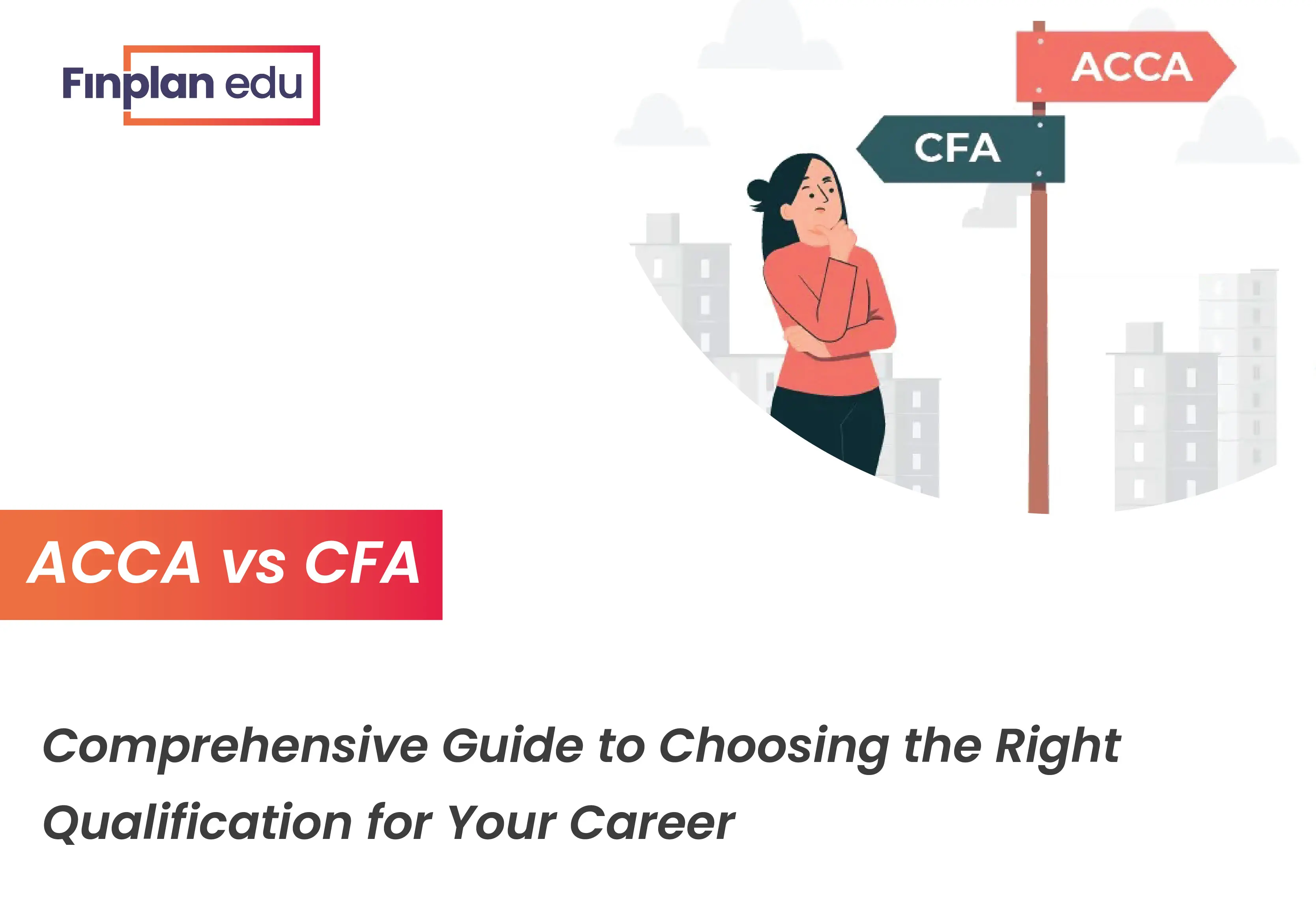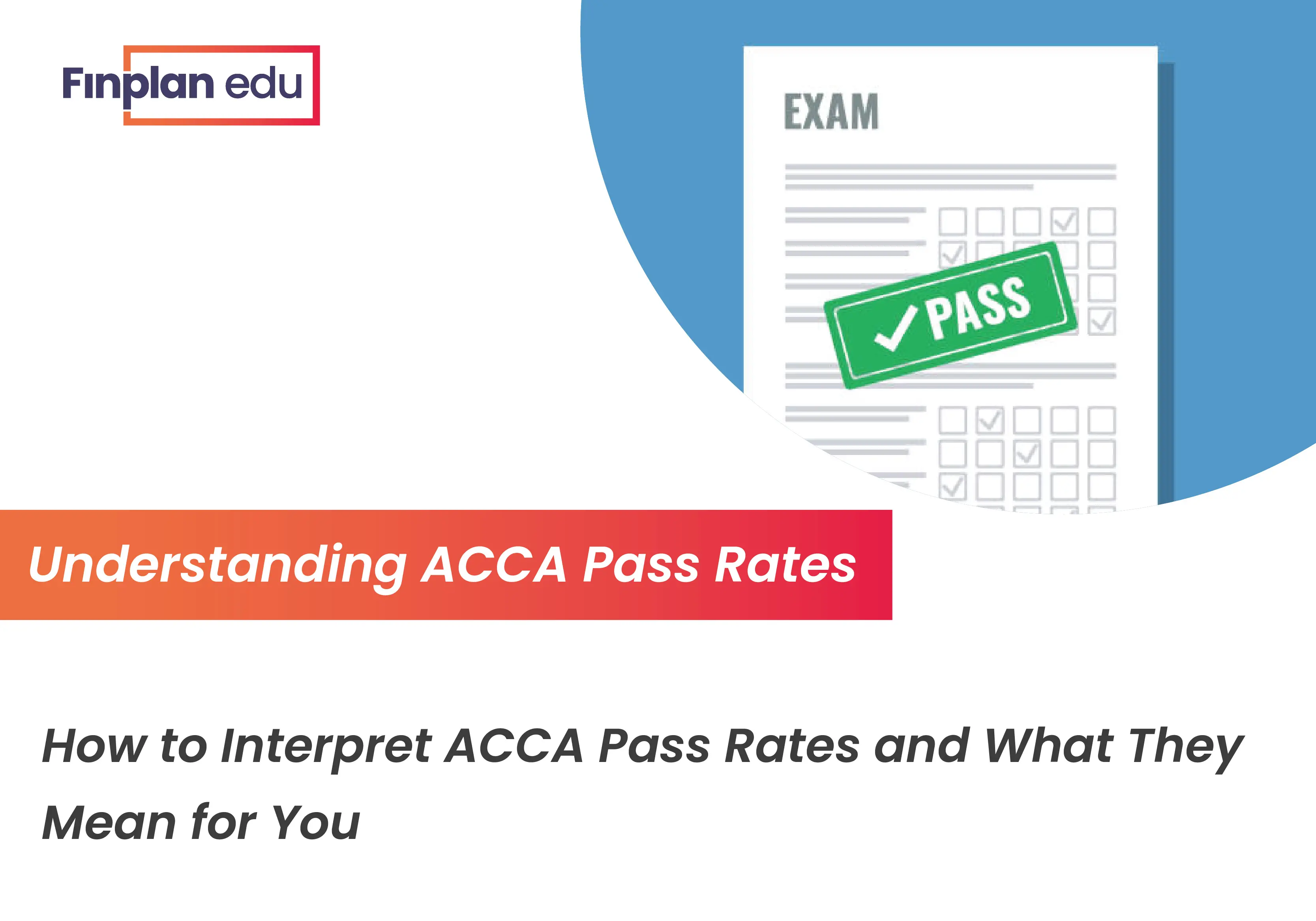1. ACCA Foundation Level
The Foundation Level is designed for beginners and covers the basics of accounting, providing a solid foundation for further study. The subjects include:
-
Business Technology: Understanding the role of technology in business processes.
-
Management Accounting: Learning how to prepare and analyze financial information for internal management.
-
Financial Accounting: Gaining insights into the principles of financial reporting and the preparation of financial statements.
This level aims to equip students with the fundamental skills necessary for the more advanced levels of study, ensuring they are well-prepared to tackle complex topics in subsequent modules.
2. ACCA Applied Skills Level
The Applied Skills Level builds on foundational knowledge and covers critical areas that are essential for a career in accounting. The subjects include:
-
Corporate and Business Law: Understanding the legal framework governing business operations and its implications for financial management.
-
Performance Management: Learning techniques to evaluate business performance and improve organizational efficiency.
-
Taxation: Gaining insights into the tax implications for individuals and businesses, including compliance and planning strategies.
-
Financial Management: Developing skills to manage financial resources effectively, including investment appraisal and risk management.
The Applied Skills Level ensures that students acquire both theoretical knowledge and practical skills, which are crucial for functioning effectively in a real-world business environment.
3. ACCA Professional Level
The Professional Level focuses on advanced skills and strategic decision-making, preparing students for senior roles in the finance sector. Subjects include:
-
Strategic Business Leadership: Exploring leadership concepts and strategic planning within a business context.
-
Strategic Business Reporting: Understanding complex financial reporting issues and enhancing skills in interpretation and analysis of financial statements.
This level emphasizes not just technical expertise but also the strategic thinking required to navigate the complexities of today’s business challenges, ultimately preparing candidates for leadership positions.
Ethics and Professional Skills Module
In today's rapidly changing business environment, ethical behavior is crucial for maintaining public trust in the accounting profession. This module emphasizes the importance of ethics in accounting and provides students with tools to navigate ethical dilemmas in their careers. It covers areas such as ethical decision-making, professional conduct, and the implications of unethical behavior. By integrating ethics into the ACCA, students are prepared not only to excel in their technical skills but also to uphold the integrity of the profession.
ACCA Affiliate
To achieve ACCA Affiliate status, candidates must complete all exams and relevant practical experience requirements. This status signifies that the individual has met the high standards set by ACCA, and it is a significant milestone in the journey to becoming a fully qualified Chartered Certified Accountant. Affiliates can enjoy various benefits, including access to ACCA’s professional resources and a network of fellow members, which can further enhance their career prospects.
Call Finplan to Get More Info



